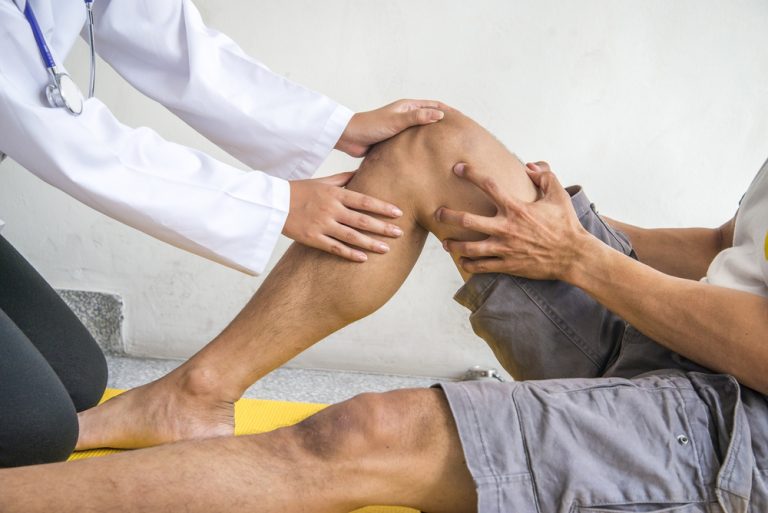
You’d probably get in shape before trekking to Machu Picchu or running a marathon. But did you know that it can be beneficial to get in shape before surgery, too? Prehabilitation, or prehab, is a comprehensive process that helps you prepare for surgery, often resulting in a faster, and more comfortable, recovery. Here’s how it works:
What Is Prehab?
Similar to rehabilitation — the therapeutic care that helps you recover function after injury, illness or surgery — prehab ensures your body is functioning as well as possible before surgery. Prehabilitation can help prepare the body and boost your resilience by addressing several factors, including:
Physical fitness.
Research suggests that poor physical fitness can adversely affect recovery from surgery. Through prehab exercises, you can improve muscle strength, aerobic capacity, balance and flexibility.
Nutrition.
Being well-nourished supports a faster recovery, while malnutrition is associated with a longer hospital stay and higher hospital readmission rates. Prehab can help you address nutritional deficiencies before your surgery.
Lifestyle and preexisting conditions.
Tobacco use may need to be modified to reduce the risk of complications and enhance recovery. Prehab can also help address chronic or underlying conditions, such as diabetes and anemia, which can lead to complications if untreated.
Psychological support.
Working with a prehab therapist to prepare for surgery can ease anxiety, and help you feel more prepared and supported before your surgery, which can facilitate recovery. A prehab therapist can also help ensure that you have the necessary support structures in place to recover well.
When Is Prehab Appropriate?
Your medical team can work with you to determine whether prehabilitation services would benefit you. Research suggests that prehab can be particularly helpful before the following surgeries:
Knee replacement surgery.
Research indicates that a six-week prehab exercise program leads to better knee assessment scores six months after surgery. Prehab is also associated with a shorter hospital stay following knee replacement surgery.
Hip replacement surgery.
Engaging in a six-week pre-surgery exercise program is linked to an increased likelihood of being discharged for rehabilitation at home rather than at an inpatient rehabilitation center.
Anterior cruciate ligament (ACL) surgery.
Although this common sports-related knee injury doesn’t always require surgery, when surgery is recommended, prehab can decrease the risk of reinjury and increase the likelihood of being able to return to play.
Cardiac surgery.
A prehab program that includes training on a treadmill has been shown to reduce the likelihood of post-surgery complications in men undergoing elective coronary artery bypass surgery.
Cancer surgery.
Prehab exercises that include aerobic and resistance training have been demonstrated to boost cancer patients’ postoperative functional capacity and survival.
Prehab at Home Through FellowshipLIFE
If you have an upcoming surgery on your calendar, reach out to FellowshipLIFE to find out more about prehab as an outpatient in our Basking Ridge location or through our Therapy at Home program. Our licensed therapists offer in-home services to residents throughout New Jersey. We’ll create a prehab program for you, visiting you in your home and bringing all the necessary equipment to each prehab session. Contact us to find out more, or call 908-580-3880 today.




